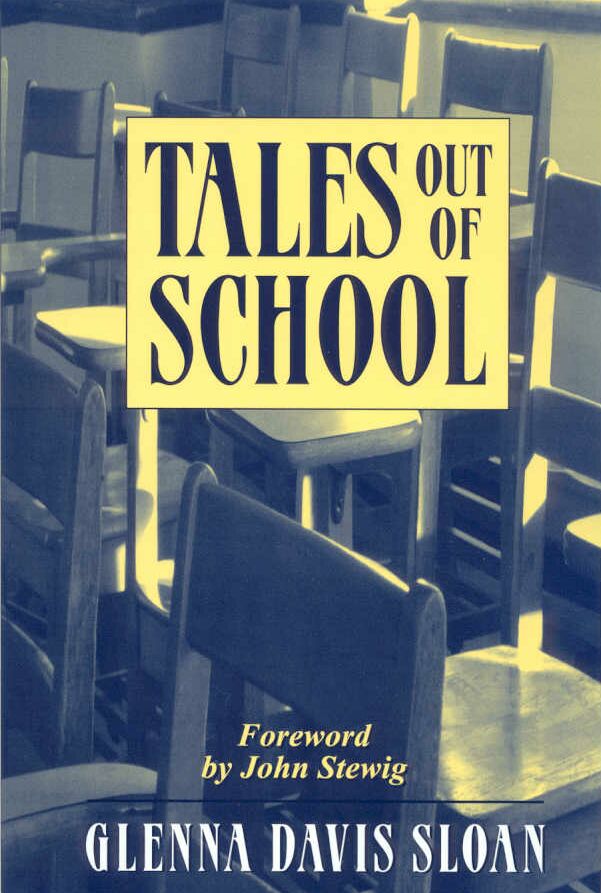We are very pleased to add to the Denham Library Glenna Sloan’s “Northrop Frye in the Elementary Classroom,” a speech she gave to the Canadian Literature Symposium on Northrop Frye in 2007. You can link to it directly here.
Glenna brings what we very much need here: a consideration of Frye as a teacher, which, of all the remarkable roles he played, he considered the most important.
Here’s a sample:
I begin with indoctrination. I preach the gospel according to Frye in an effort to save teachers from the false teachings of the reading industry. These include the notion that how children read is more important than what they read, that fragmenting the reading experience through inane drills of so-called sequential skills is the way to develop literacy. The reading pundits insist that suitable early reading material must be dumbed down or, as they say, leveled, an unfortunate word which means written in limited vocabulary deemed appropriate for the reader’s age. I refer to Professor Frye’s blistering critique of Harcourt’s Adventure series of basal readers when I insist that genuine literature is far and away the most effective reading program ever devised.
In an interview with me, Professor Frye said: “As you read and write from the basis of literature, eventually you realize that there is a difference between learning to read and write at the minimum standards of literacy and being able to write with some power of articulateness and to read with some sense of direction. So the teaching of literature is the teaching of reading and writing. And what you’re aiming for here is the transfer of imaginative energy from literature to the reader” (University of Toronto, February 23, 1970).
Visit Glenna’s website, Children’s Literature and Literacy


This is a tremendous article. Of the substitute teaching I have done in the last couple years, the bulk of it has been divided between working with kindergarteners and with moderately to severely handicapped children. So I have born witness to a bit of literacy education, quite a bit of it infuriatingly misguided. At least in my little neck of California, the hallowed place that ought to be given to a child’s delight in metaphor, repetition, contrast and wordplay is consciously subordinated to phonetic memorization and bland, insipid prose sequences. Those first four principles are not only the cornerstones of literary experience, but are in my opinion fundamental cognitive functions and the fulcrum of all types of learning.
Standardized tests, and other quantitative caveats for federal and state funding, seem to me to be diametrically opposed to this method of learning. Moreover, such learning requires an individual approach to every child, a process completely contrary to the realities of school funding and classroom size in urban and suburban America (tipping forty, here). The situation is no doubt worse today than it was when I was a child, though it was pretty bad, still. Had I not the influence of Mother Goose and Calvin and Hobbes then I would likely be passing my time now mugging you and hiding cameras in latrines. And I was such a nice kid.
Thank you for allowing us the chance to read this most excellent paper.
I’m pleased, Trevor, that you found the speech on Northrop Frye in the elementarty classroom useful. Teachers have so many fads and fancies thrust upon them by the reading industry that they are confused about how to proceed in helping children learn to read and write. There have always been two approaches to literacy development: holistic and fragmented. (See The Child as Critic, Teachers College Press, Chapters 1 and 2 where these approaches are discussed.) The simple truth is that Literature,which includes wordplay, verse, fine novels and well-written nonfiction, is the most effective “reading program ever devised. Glenna Sloan